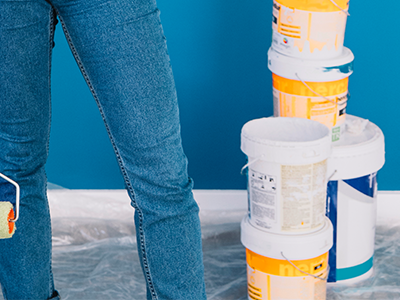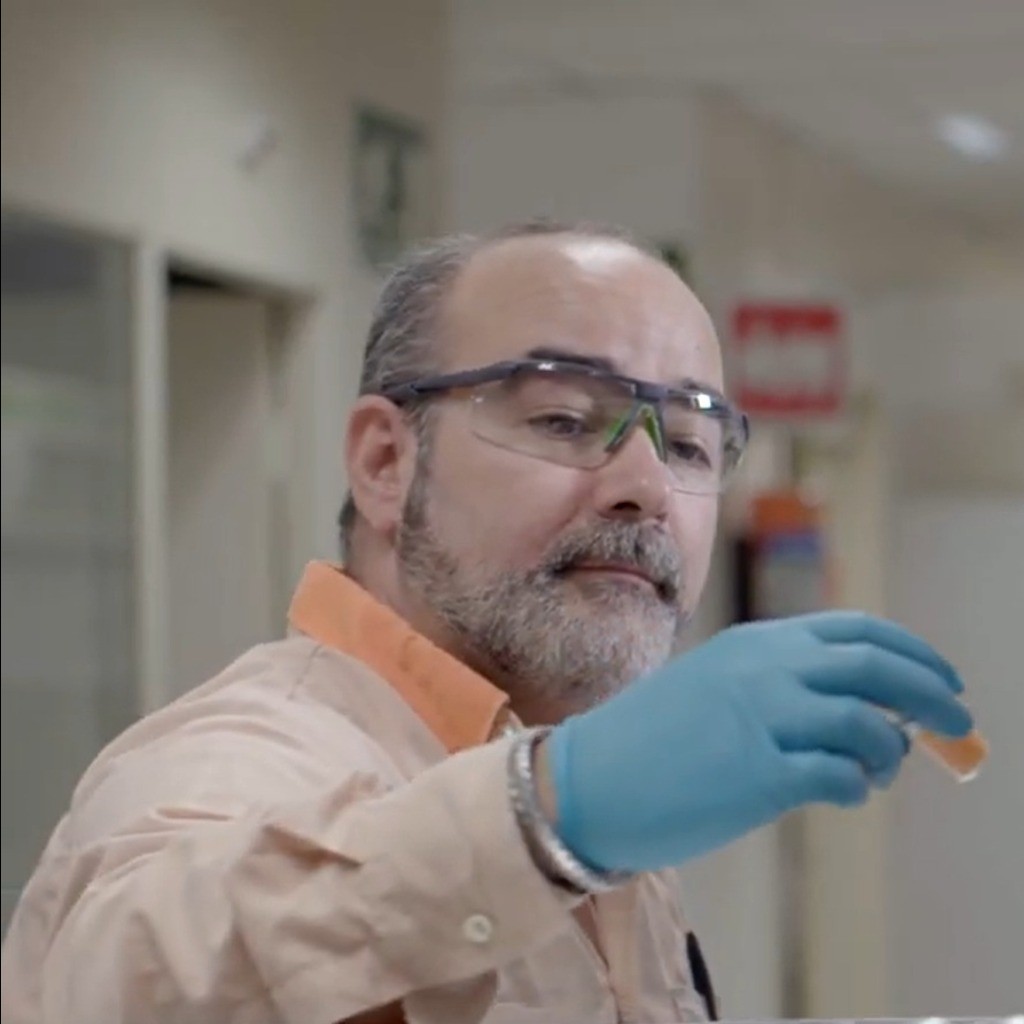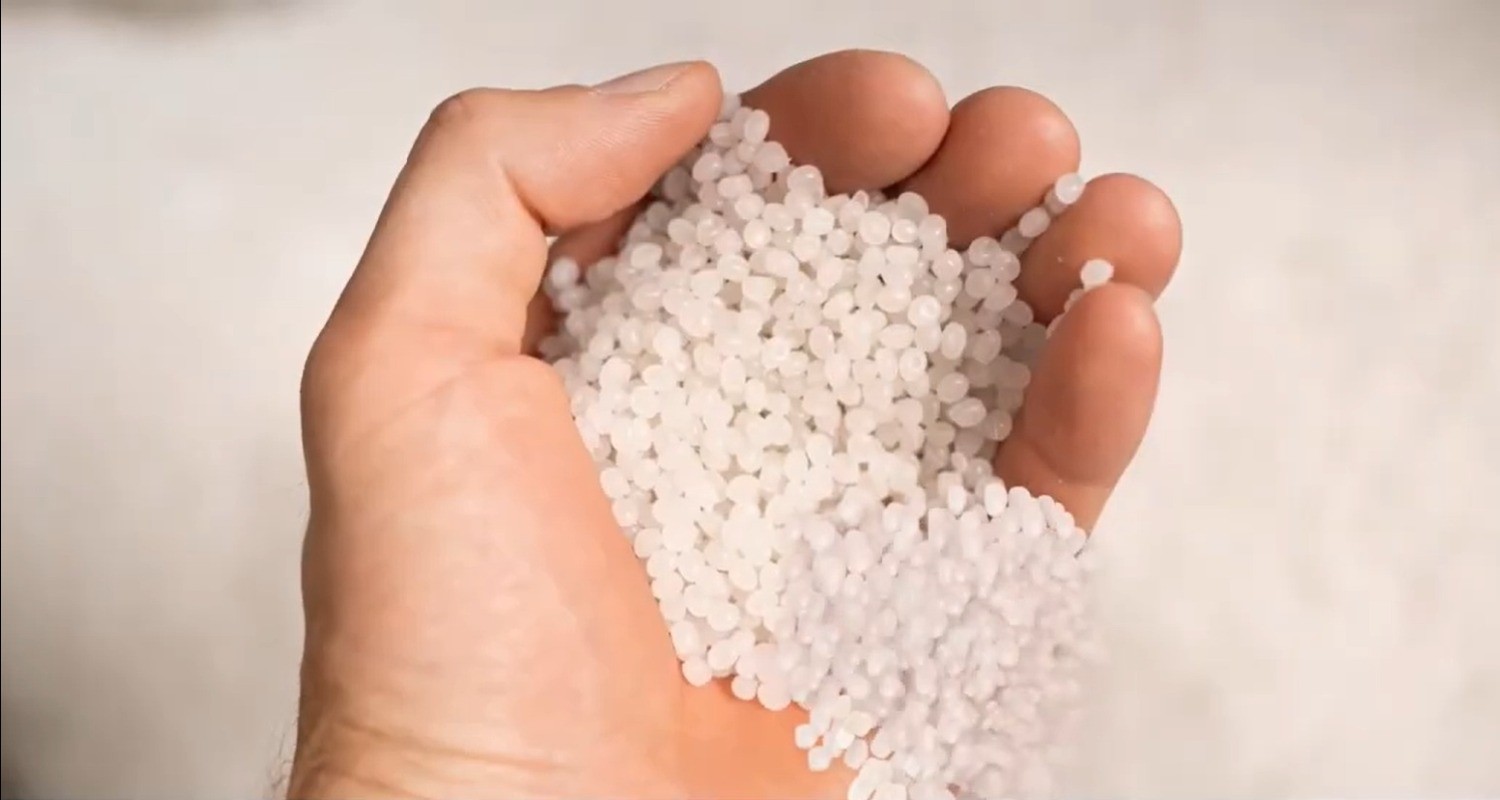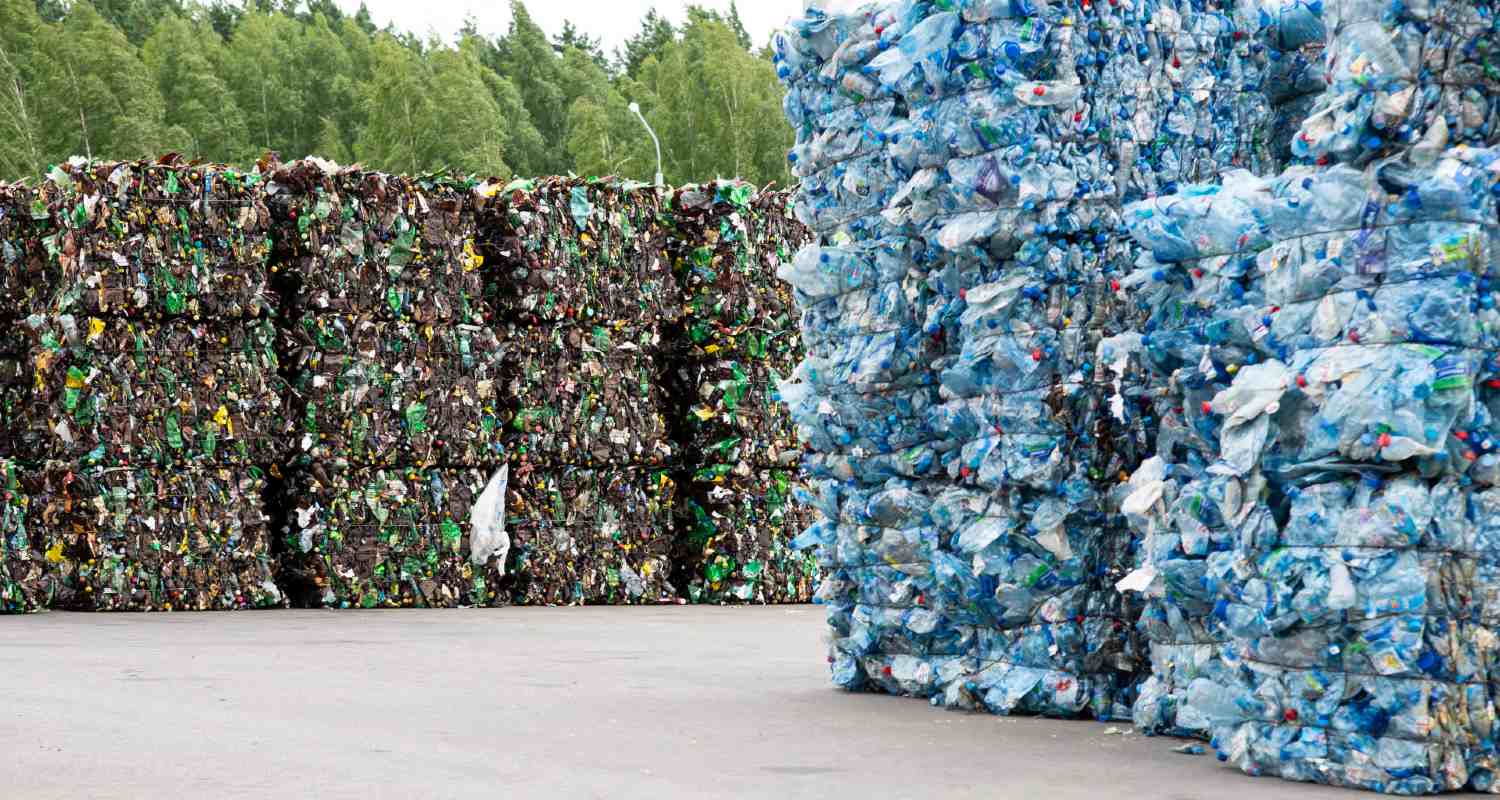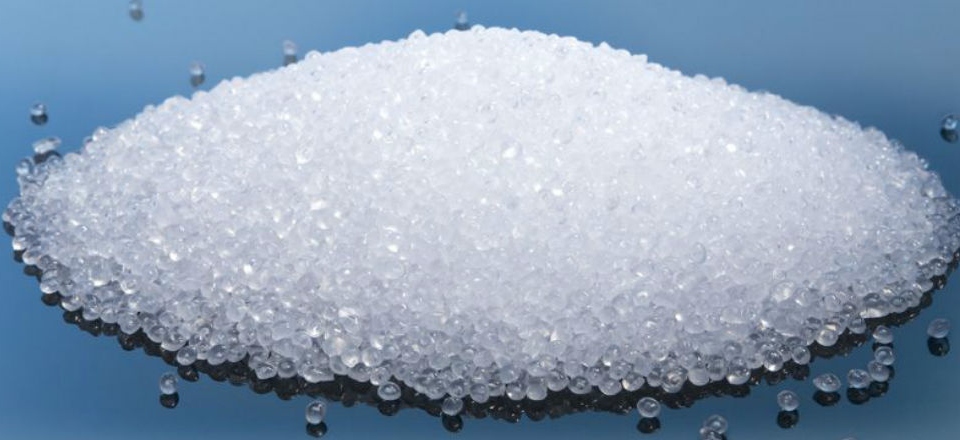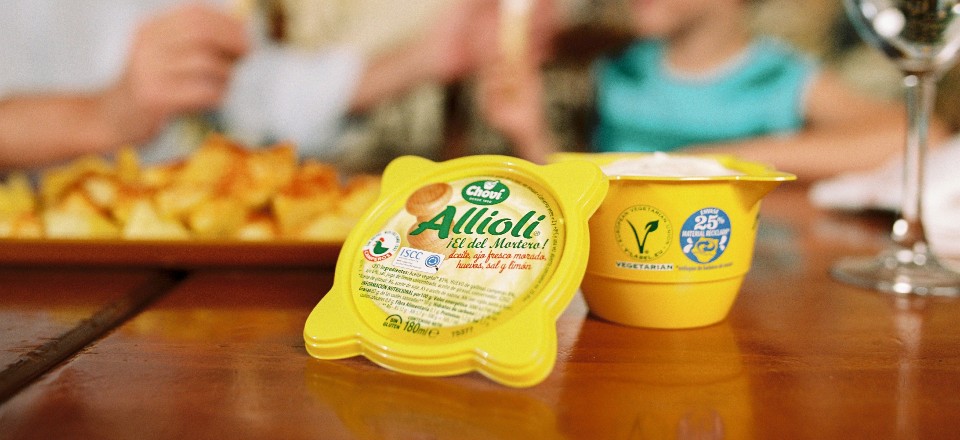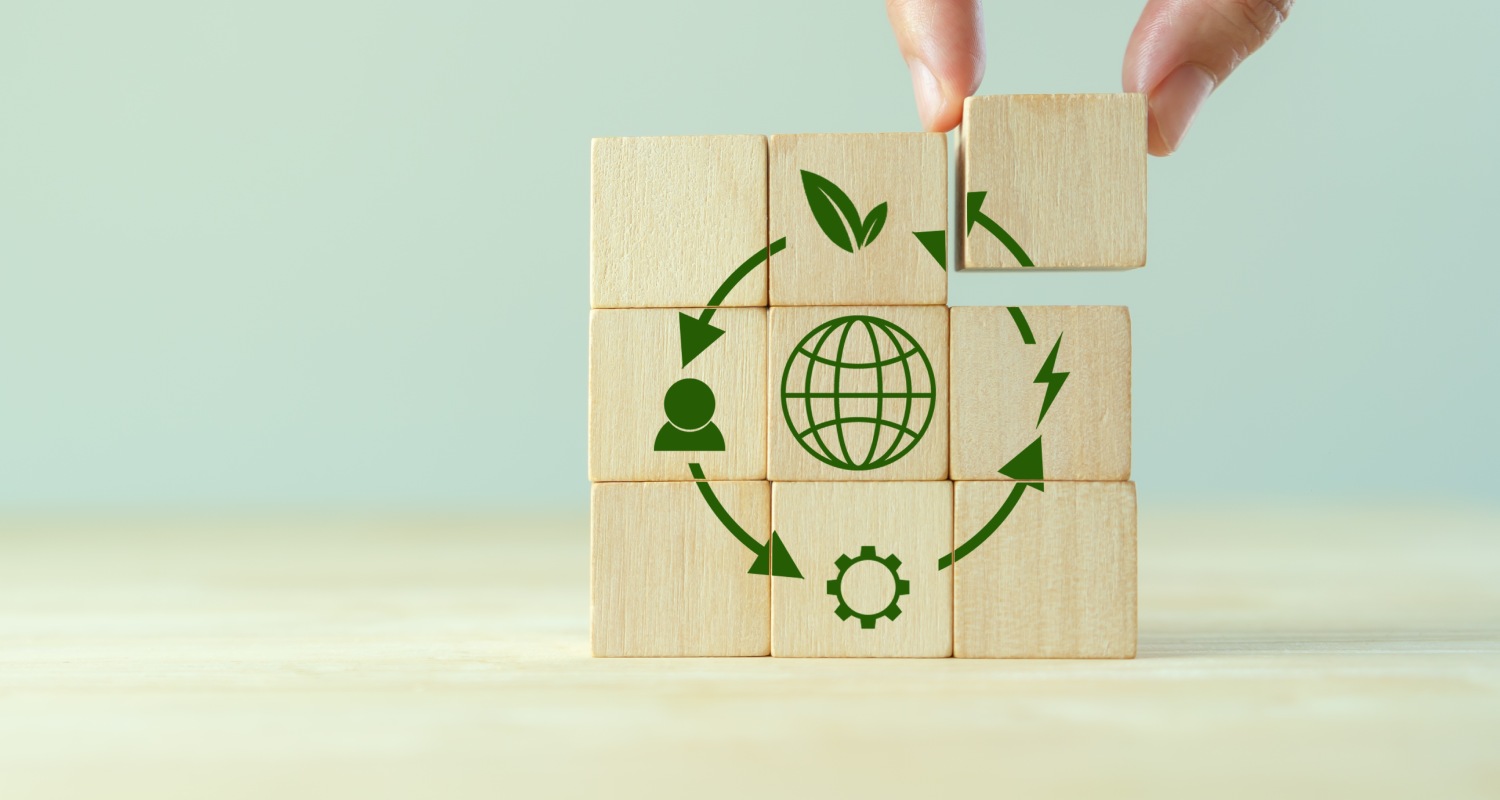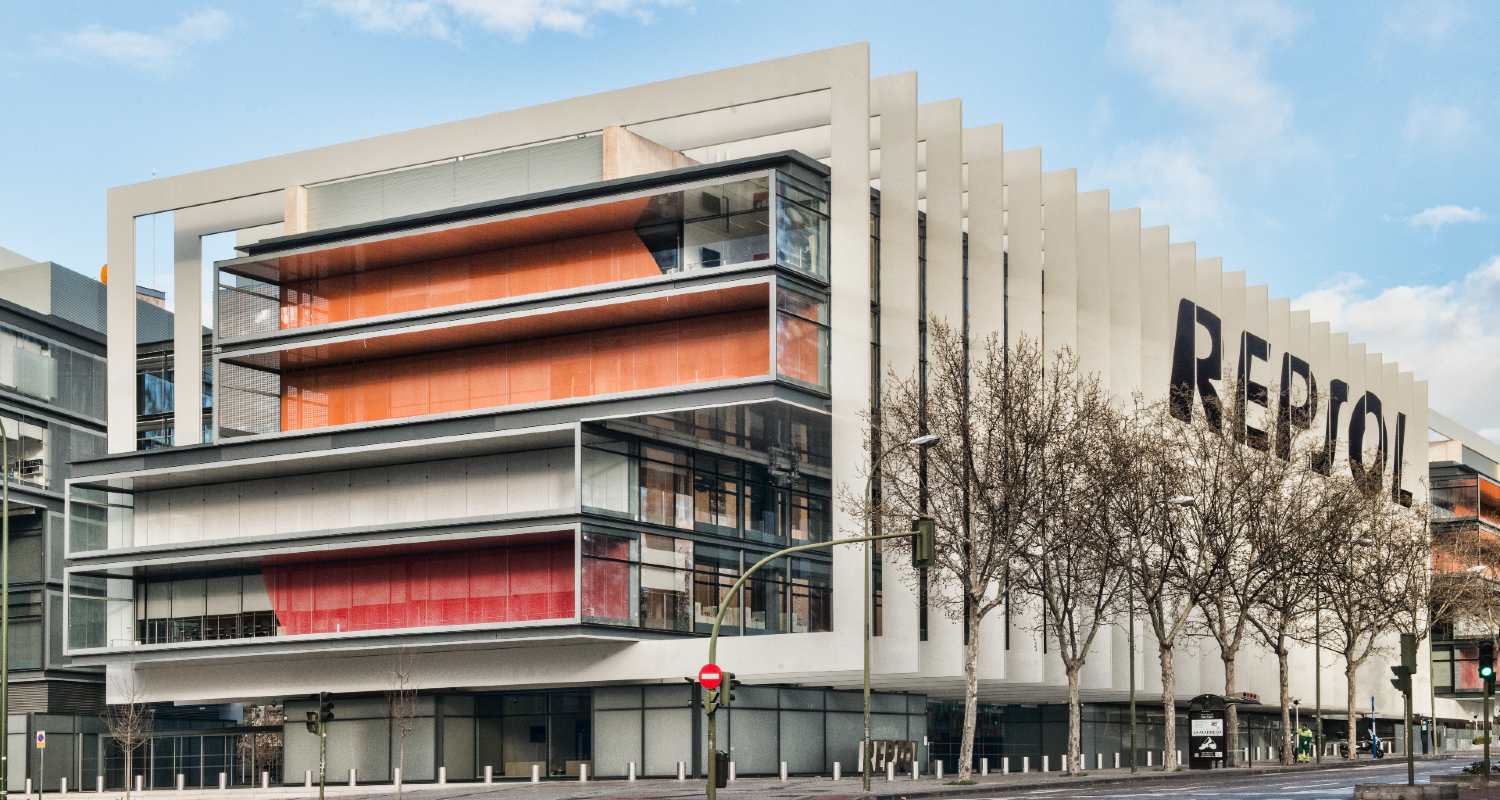Repsol Reciclex® products are an advanced range of circular synthetic polymers that include polyolefins, polyols, styrenes, and other materials. Repsol is advancing its transition to a circular economy, and this product line represents a solution that reintroduces plastic, tire, and organic waste into the production cycle. This waste is used to manufacture new, high-value products for multiple sectors, reducing the use of virgin raw materials while maintaining performance and quality equivalent to conventional plastics.
The Repsol Technology Lab researches and develops technology to manufacture plastics using waste as alternative raw materials, derived from the mechanical and chemical recycling of post-consumer plastics and bio-based waste. The advances made have led to the production of circular and bio-based Repsol Reciclex® products that comply with the most stringent regulations and are suitable for a wide range of applications such as automotive, construction, textiles, packaging, and toys. In the case of those derived from chemical recycling, they are also suitable for use in food, cosmetics, and pharmaceuticals.
For Reciclex® products, Repsol guarantees the traceability of the waste we introduce as secondary raw materials into our facilities, as well as a quality and functionality similar to that of polymers manufactured from virgin raw materials. To this end, all petrochemical complexes have ISCC Plus certification for chemical recycling and Recyclass certification for mechanical recycling.
We are committed to the circular economy as a fundamental model for achieving the industrial transformation needed to move the Company toward a balance between economic activity and environmental protection. We are committed to progress through various initiatives and the objectives established in our strategic plan, including the goal of acquiring a production capacity of more than 150,000 tonnes of circular and bio-based products by 2030.





